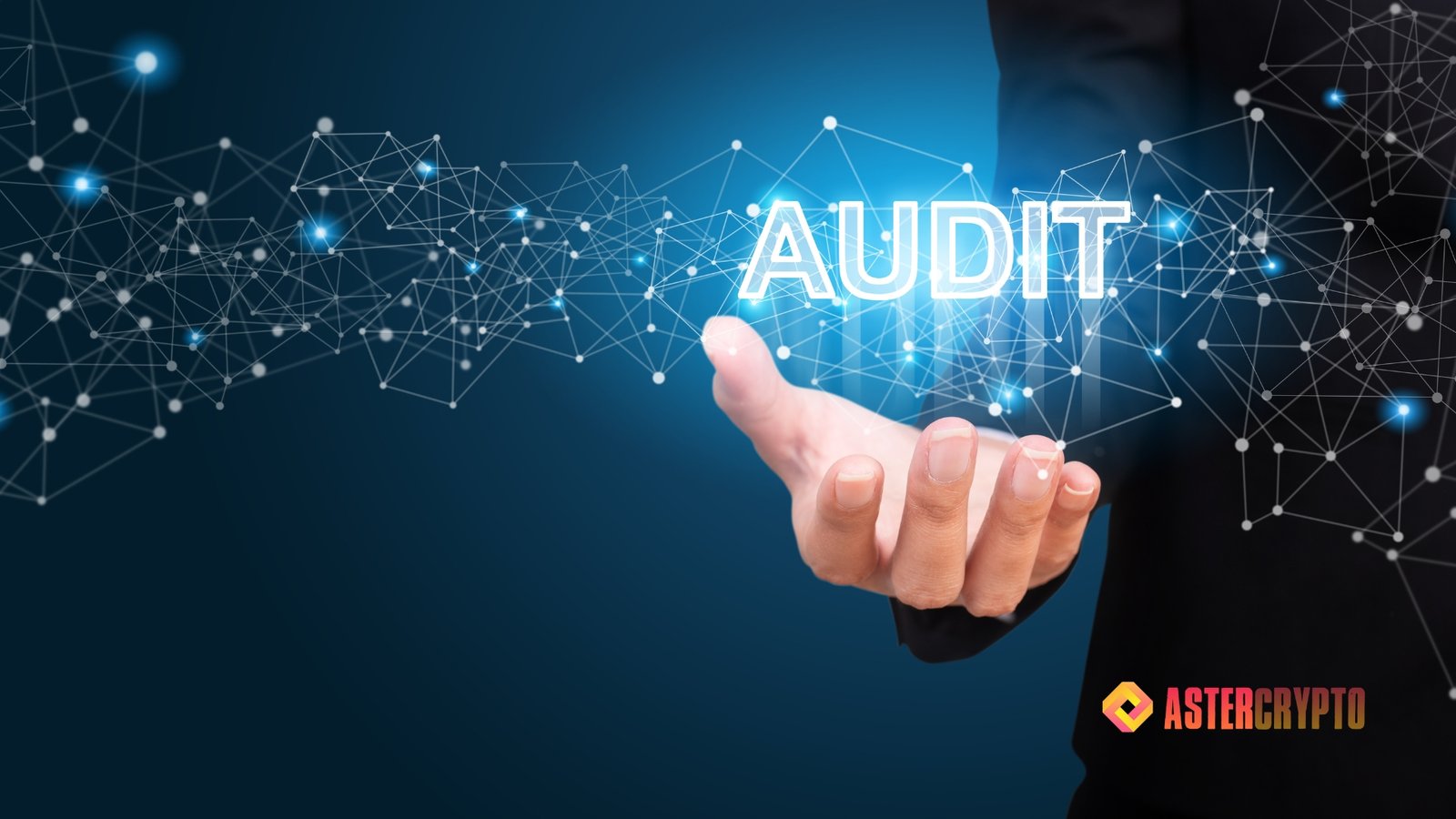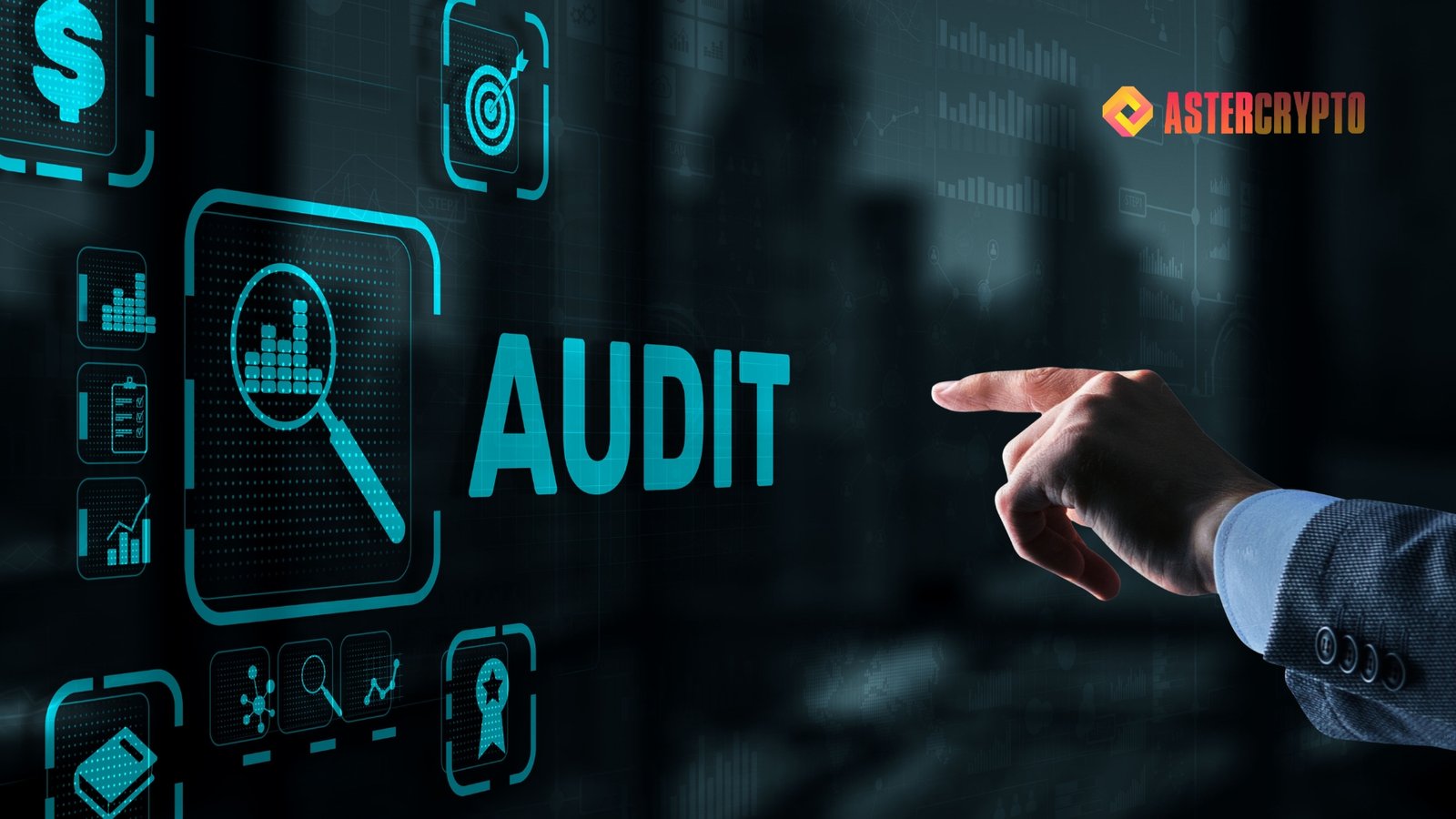Auditing Blockchain: Blockchain technology has transformed data storage and transport, introducing transparency, security, and decentralization. The adoption of blockchain is growing. Therefore, robust auditing procedures are required to keep the system running smoothly. The term “auditing blockchain” refers to a process that ensures the integrity of decentralized networks by checking the validity of smart contracts and transactions. While blockchain auditing is essential, this article delves into the challenges and potential of the technology.
Blockchain Auditing Importance
In conventional financial systems, auditing has long been used to check whether financial statements are accurate and follow all the rules and regulations. The importance of auditing increases with blockchain technology. Since blockchain networks are decentralized, no one can govern transactions. One of the main advantages of blockchain technology is its decentralized nature, which makes it more challenging to verify the authenticity of the data stored on the network.
Blockchain auditing addresses these issues by independently verifying blockchain data integrity. The verification process is crucial for various reasons:

- Trust and Transparency: Blockchain is appealing because it records transactions transparently and immutably. For businesses and individuals to trust this record, it must be accurate. Auditing guarantees that blockchain data is correct and unaltered, sustaining system confidence.
- Regulatory Compliance: As blockchain technology spreads, officials are monitoring its use. Blockchain audits provide a transparent and verifiable record of transactions, helping organizations comply with rules.
- Fraud Prevention: Due to its decentralization, blockchain is hard to manipulate. Blockchain networks are not fraud-proof. Auditing verifies transactions and ensures network compliance to prevent fraud.
- Intelligent Contract Verification: Coded smart contracts self-execute. They offer benefits and new risks. Clever contracts are examined for functionality and vulnerabilities.
Tools and Techniques for Blockchain Auditing
Notwithstanding the challenges, developing various tools and approaches has made blockchain auditing easier. These technologies fall into two main types of solutions: on-chain and off-chain.
-
On-Chain Auditing: On-chain auditing involves analyzing data recorded on the blockchain. This includes smart contracts, block data, and transaction histories. Comprehensive on-chain analytics are provided by auditing tools like Blockchain, Etherscan, and Chainalysis. These tools allow for the tracking of transactions, the discovery of trends, and the confirmation of the blockchain’s legitimacy.
-
Off-Chain Auditing: Off-chain auditing can investigate logs, metadata, and other databases. This method is used to check blockchain data and pre-transaction operations. Audit software and SQL queries can do off-chain audits.
-
Automated Auditing: As blockchain networks become more complicated and extensive, the importance of automated auditing solutions is growing. Using algorithms and machine learning, these solutions can automatically detect anomalies, vulnerabilities, and inconsistencies in blockchain data. Quantstamp and OpenZeppelin are tools that automate security evaluations and smart contract auditing.
-
Smart Contract Auditing: The intricacy of intelligent contract programming necessitates a particular approach to auditing. Auditors use static analysis tools to review the contract’s code to find security flaws like reentrancy attacks, overflow issues, and unauthorized access points. Manual code reviews are essential to verify contract functionality.
Also Read: Altcoins vs Stablecoins: Significant Differences Stated
Blockchain Auditing Future
Auditing methods and software will adapt to the ever-changing blockchain landscape. Several trends may shape blockchain auditing’s future:

-
Increased Automation: Future blockchain audits will heavily rely on automation. As networks scale and complexity increase, manual auditing becomes increasingly impractical. Automated tools and analytics powered by AI will become indispensable to keep up with the ever-increasing data volume.
-
Standardization: Auditing and tool standards will improve as the blockchain sector evolves. This standardization will make it easier for organizations to comply with regulatory duties and improve audit consistency.
-
Integration with Regulatory Frameworks: As regulators increase their involvement in the blockchain area, there will be a growing push to incorporate auditing procedures into preexisting regulatory frameworks. Some possible solutions include tailoring current financial auditing standards to the specifics of blockchain networks or creating brand-new standards for auditing on the blockchain itself.
-
Focus on Security: Security will always be paramount when auditing blockchains. To keep up with the ever-changing nature of cyber dangers, auditors need to create innovative methods and tools for risk assessment and management.
-
Real-Time Auditing: Possible future developments include methods for real-time auditing, which would allow for the simultaneous auditing of smart contracts and transactions. Organizations could spot and fix problems faster with this extra security and transparency.
Final Thoughts
The integrity, safety, and transparency of decentralized networks depend on regular audits of blockchain technology. Despite the process’s limitations, new equipment and procedures make it more viable. Auditing methods and standards will evolve with the technology to maintain blockchain as a trustworthy platform.










